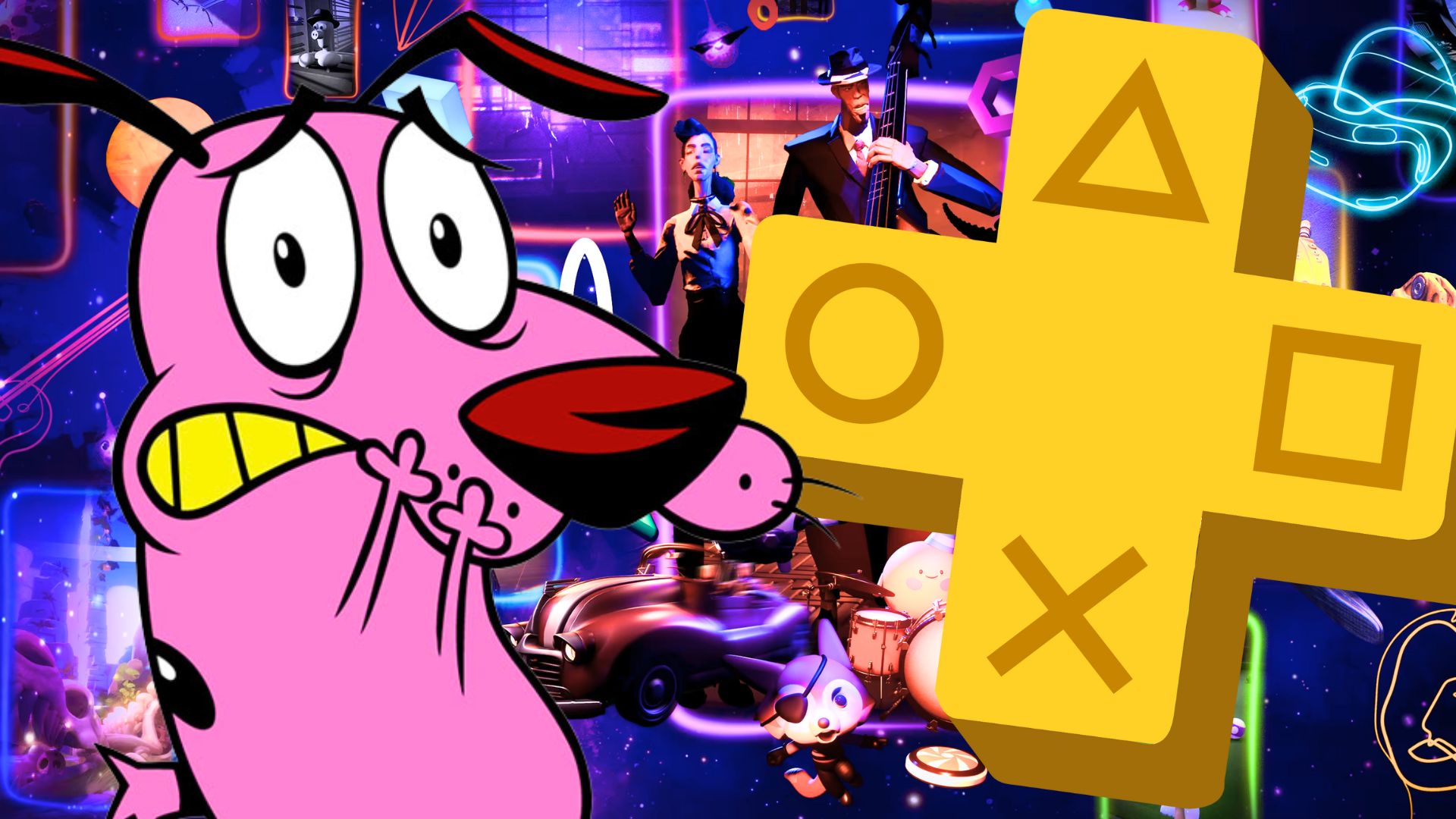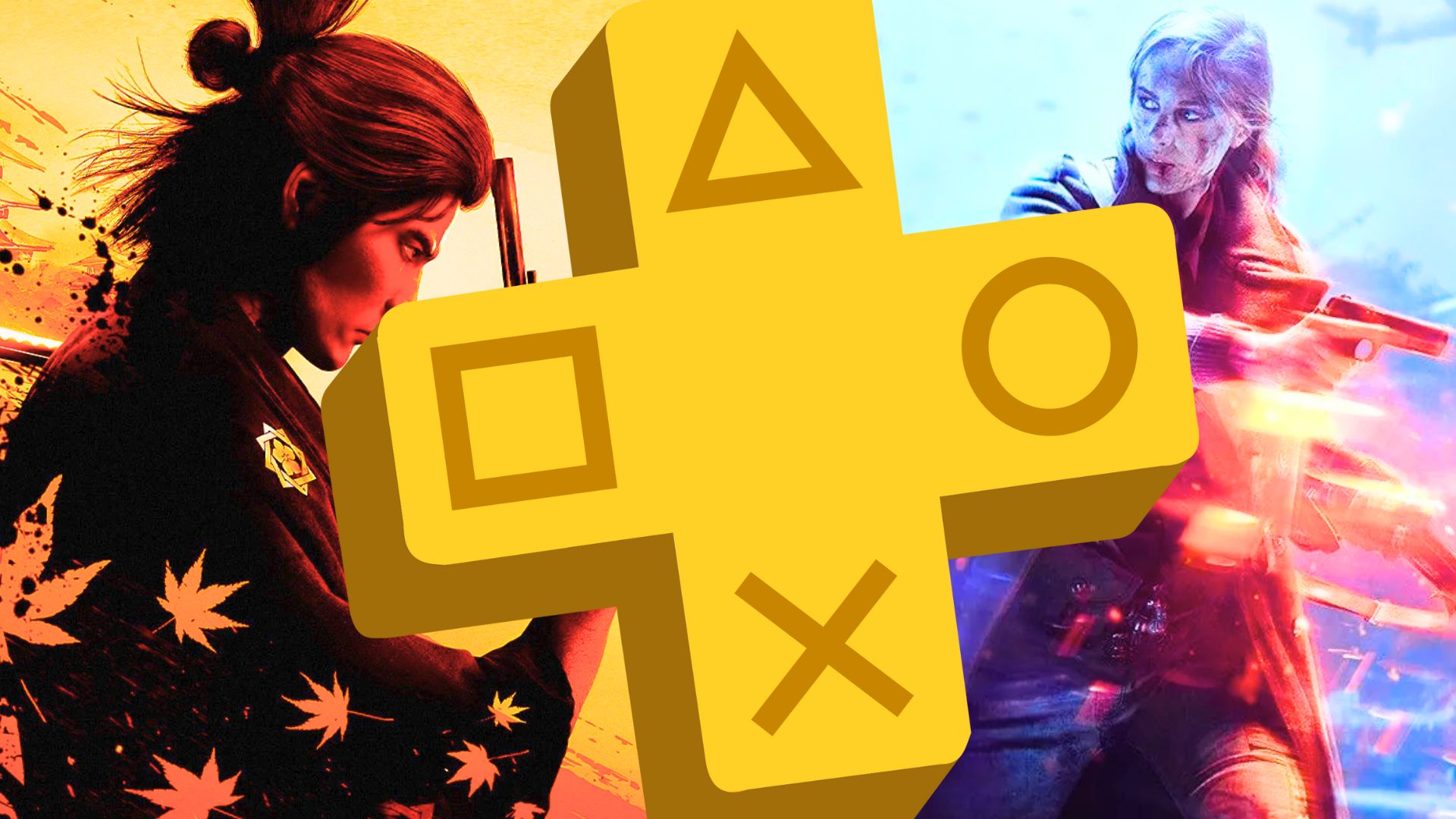You can trust VideoGamer. Our team of gaming experts spend hours testing and reviewing the latest games, to ensure you're reading the most comprehensive guide possible. Rest assured, all imagery and advice is unique and original. Check out how we test and review games here
It turns out that Half-Life’s initial success around its launch was all an accident; a short-sighted mistake on behalf of the publisher, Sierra, which accidentally shipped part of the game’s source code as part of a Day One disk. This comes from new information illuminated by Monica Harrington, former chief marketing officer at Valve, who wrote about her experiences working at the company towards the end of the millennium.
In the run up to the launch Valve had been considering solutions for anti-piracy. Monica noted that her young nephew had been duplicating game disks and sharing them with his friends, suggesting that piracy was very likely with Half Life too. Despite other solutions not working, “one of the programs that Sierra led involved providing a small portion of the game that they shipped as a trial disk called ‘Day One’.”
“When we first realised what had happened, that Sierra had shipped some of the Half-Life code as ‘Day One’, Mike and I were furious. We quickly realised that we were at the mercy of whatever happened next. Fortunately, Day One became a phenomenon. Game developers loved it and began buzzing. Half-Life was going viral. The product was still a month or two from completion and no one had played the final game, but the early buzz for the first portion of the game was hugely promising.”
While Valve went on to release the source code for Half-Life in 2002, this wasn’t the first time it had been seen. Thanks to the Sierra misstep, the games industry had already fallen in love with it. Monica went on to mention that she had been pre-seeding the game closely with a reporter from the Wall St. Journal to secure press coverage. Part of that heavily emphasised the extremely positive reactions towards the Day One disk. Dean Takahashi, now the lead writer for Venture Beat, headlined the article: “Story-telling computer game becomes a big hit for Valve,” and wrote that “[t]he experience remains far more elaborate than other games where characters seek out nothing except extra ammo.”
Although nowadays, games would rather seek a viral status through digital marketing, online publishers, and social media, the 90s were a different time. Print, word of mouth, and sheer quality were the best that you could do. The accidental publicity stunt of releasing the source code alongside the Day One disk proved to be a massive success for Valve, and there’s a slim chance that the game wouldn’t have picked up as much traction had it not happened.






